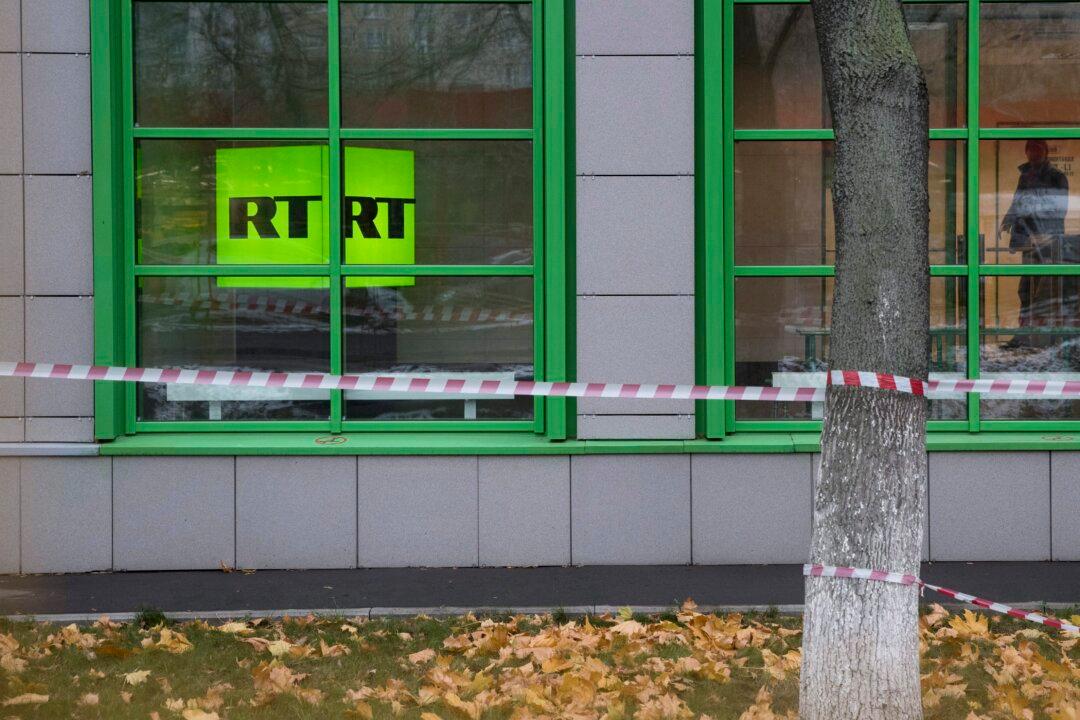Rogers, Bell, Telus, and Shaw have removed Russian state media outlet Russia Today (RT) from their channel lineups after Heritage Minister Pablo Rodriguez announced Ottawa is looking at “all options” to drop the network from Canada’s broadcasting system.
“I share the concerns of many Canadians about the presence of Russia Today in our broadcasting system. We’re looking at all options,” Rodriguez said on Twitter on Feb. 26.





